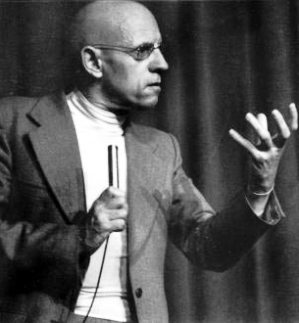Your guide to this week's best cultural links
 |
| Woody Allen |
Literature:
Samuel Beckett: Volume 2 of
The Letters of Samuel Beckett, covering the years 1941-1956, to be released August 2011
Samuel Beckett: Grove Atlantic release
The Selected Works of Samuel Beckett
Samuel Beckett: This weeks Ends and Odds from the
Debts and Legacies website
Samuel Beckett: BookGeeks reviews the new Faber edition of
Company, and other short prose works.
Samuel Beckett: Beckett included in a recent
Irish Times article about resistance heroes of the Second World War
Margaret Atwood: The Handmaid's Tale celebrates its 25th Anniversary this year
Joyce Carol Oates: HarperCollins release
Sourland, a new collection of short stories
J. M. Coetzee: Patrick McGrath reviews
The Master of Petersburg
Michel Houellebecq: 2010 Interview in
The Paris Review
25 words of fewer: 'Hint fiction'
Ian McEwan: Could British novelist's son hold cure for the common cold?
J. G. Ballard: Norton releases
The Complete Short Stories in Paperback
Paul Auster: Biblioklept compiles six online interviews with the American author
Paul Auster: Interview with Paul Auster about his new novel,
Sunset Park
Paul Auster's favourite books
Paul Auster: Borders interviews Auster about
Sunset Park
Paul Auster on Book Reviews: Interview in the
Wall Street Journal
Don DeLillo: A review of what is perhaps DeLillo's signature novel,
White Noise
English Literature: A very short introduction: Jonathan Bate's guide reviewed in
The Independent
AHRC: Funding opportunity for 'a new generation of thinkers'
wwword: A new website for lovers of language and literature
Philosophy & Critical Theory:
Assuming Gender: Annual Lecture at Cardiff University, 1 December, free to attend
Simon Critchley: Interview with
Frieze
Shakespeare and Derrida: Call for Papers
Roland Barthes on Alain Robbe-Grillet
Theatre:
Samuel Beckett: New production of
Happy Days produced by the Corn Exchange in Dublin
Samuel Beckett: Mary Bryden unravels the cultural and historical significance of Beckett's Godot
Samuel Beckett: Queen Elizabeth is reportedly a fan of
Waiting for Godot
Samuel Beckett: Michael Lawrence writes and stars in
Krapp, 39, a personal adaptation of Beckett's
Krapp's Last Tape
William Shakespeare: Fabler Shakespeare Readers in Cardiff
Music
Bob Dylan After the Fall: NYRB reviews writings on Dylan by Sean Wilentz and Greil Marcus
Franz Kafka: Review of György Kurtág's
Fragments
Film
Woody Allen: Illustrated online biography of the early Woody Allen, 1952-1971
Thank you to all link contributors, who can be found on the A Piece of Monologue Twitter page.











